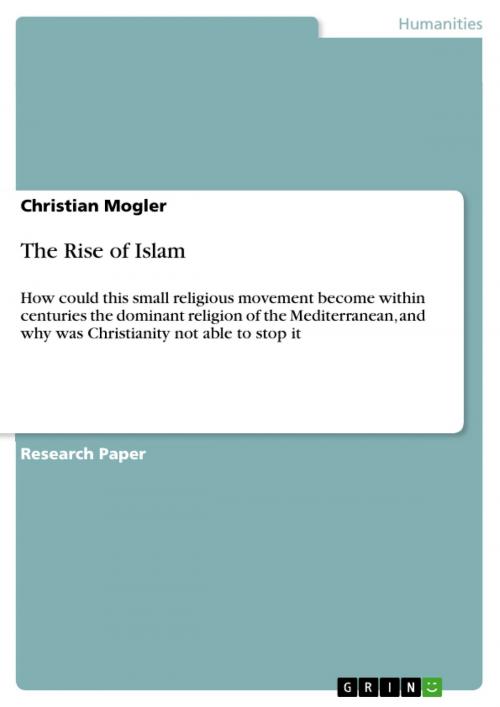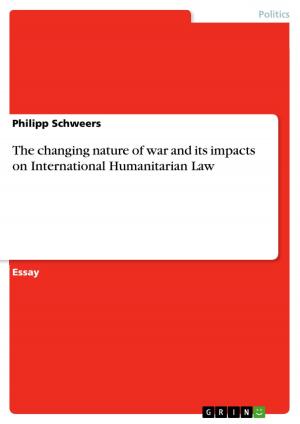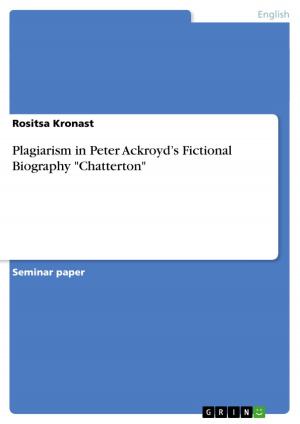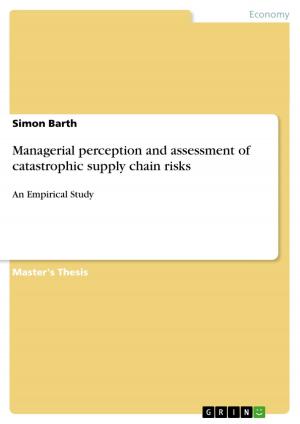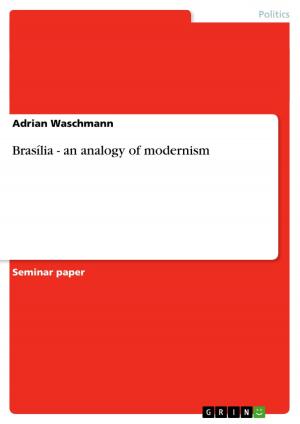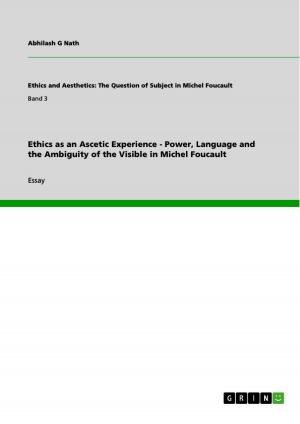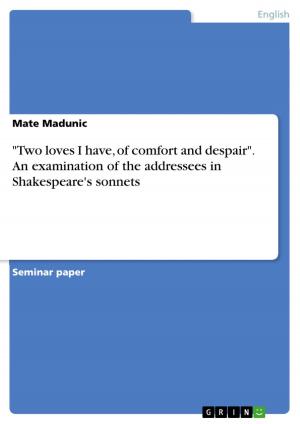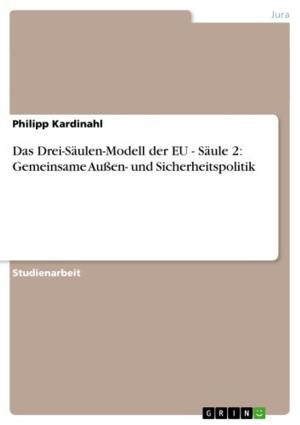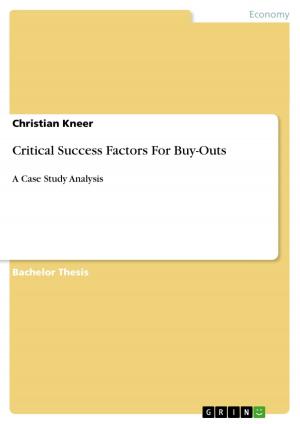The Rise of Islam
How could this small religious movement become within centuries the dominant religion of the Mediterranean, and why was Christianity not able to stop it
Nonfiction, Religion & Spirituality, Reference, History| Author: | Christian Mogler | ISBN: | 9783640445066 |
| Publisher: | GRIN Publishing | Publication: | October 14, 2009 |
| Imprint: | GRIN Publishing | Language: | English |
| Author: | Christian Mogler |
| ISBN: | 9783640445066 |
| Publisher: | GRIN Publishing |
| Publication: | October 14, 2009 |
| Imprint: | GRIN Publishing |
| Language: | English |
Research Paper (postgraduate) from the year 2009 in the subject Theology - Historic Theology, Ecclesiastical History, grade: A-, Prairie Bible Institute, course: History of the Growth of Christianity, language: English, abstract: Muhammad ibn Abdullah, the last prophet and founder of Islam, is one of the most influential people who walked on this earth. By the time of the prophet's death at the age of sixty-two he had brought into existence a dynamic movement that would carry Islam through the centuries and across the continents, birthing empires, transforming the sciences, and challenging economic, cultural, and political systems. Considering the religion of Islam, one may wonder who this Muhammad, the last prophet, was and how his instructions were shaped by the cultural, economical, social and religious environment in which he lived. The other questions that may rise are how this small movement could become within centuries the dominant religion of the Mediterranean, and why Christianity was not able to stop it. This essay will propose that it was due to the lack of unity among Christians on the one hand and on the other hand to Muhammad`s attractive instructions about brotherhood and solidarity among his followers, fervour, faith, simplicity of Islam, moral values, and the use of the sword that Islam augmented so rapidly and displaced Christianity.
Research Paper (postgraduate) from the year 2009 in the subject Theology - Historic Theology, Ecclesiastical History, grade: A-, Prairie Bible Institute, course: History of the Growth of Christianity, language: English, abstract: Muhammad ibn Abdullah, the last prophet and founder of Islam, is one of the most influential people who walked on this earth. By the time of the prophet's death at the age of sixty-two he had brought into existence a dynamic movement that would carry Islam through the centuries and across the continents, birthing empires, transforming the sciences, and challenging economic, cultural, and political systems. Considering the religion of Islam, one may wonder who this Muhammad, the last prophet, was and how his instructions were shaped by the cultural, economical, social and religious environment in which he lived. The other questions that may rise are how this small movement could become within centuries the dominant religion of the Mediterranean, and why Christianity was not able to stop it. This essay will propose that it was due to the lack of unity among Christians on the one hand and on the other hand to Muhammad`s attractive instructions about brotherhood and solidarity among his followers, fervour, faith, simplicity of Islam, moral values, and the use of the sword that Islam augmented so rapidly and displaced Christianity.
